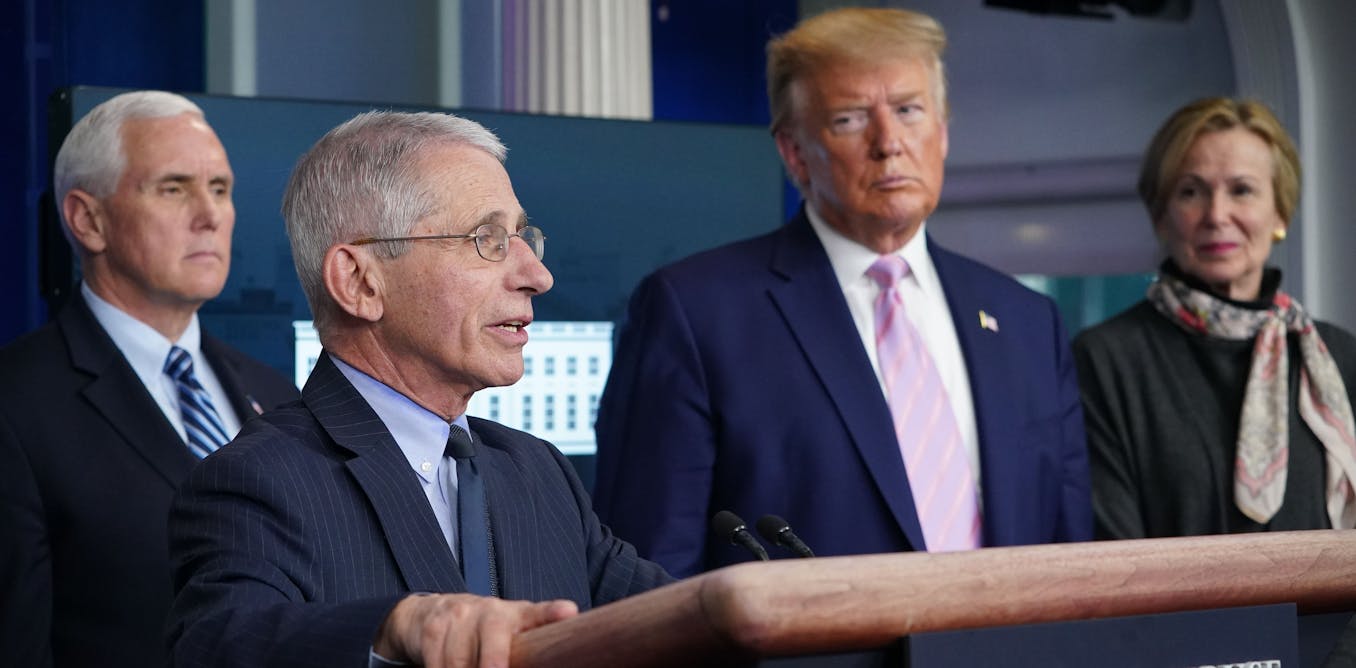How often do you lie? Deception researchers investigate how the recipient and the medium affect telling the truth
Researchers are interested in whether who you’re communicating with and how you’re interacting affect how likely you are to lie.
Christian B. Miller, A. C. Reid Professor of Philosophy, Wake Forest University •
conversation
Oct. 26, 2023 • ~8 min
Oct. 26, 2023 • ~8 min




